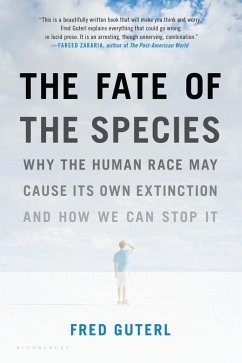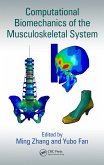In the history of planet earth, mass species extinctions have occurred five times, about once every 100 million years. A "sixth extinction" is known to be underway now, with over 200 species dying off every day. Not only that, but the cause of the sixth extinction is also the source of single biggest threat to human life: our own inventions.
What this bleak future will truly hold, though, is much in dispute. Will our immune systems be attacked by so-called super bugs, always evolving, and now more easily spread than ever? Will the disappearance of so many species cripple the biosphere? Will global warming transform itself into a runaway effect, destroying ecosystems across the planet? In this provocative book, Fred Guterl examines each of these scenarios, laying out the existing threats, and proffering the means to avoid them.
This book is more than a tour of an apocalyptic future; it is a political salvo, an antidote to well-intentioned but ultimately ineffectual thinking. Though it's honorable enough to switch light bulbs and eat home-grown food, the scope of our problems, and the size of our population, is too great. And so, Guterl argues, we find ourselves in a trap: Technology got us into this mess, and it's also the only thing that can help us survive it. Guterl vividly shows where our future is heading, and ultimately lights the route to safe harbor.
What this bleak future will truly hold, though, is much in dispute. Will our immune systems be attacked by so-called super bugs, always evolving, and now more easily spread than ever? Will the disappearance of so many species cripple the biosphere? Will global warming transform itself into a runaway effect, destroying ecosystems across the planet? In this provocative book, Fred Guterl examines each of these scenarios, laying out the existing threats, and proffering the means to avoid them.
This book is more than a tour of an apocalyptic future; it is a political salvo, an antidote to well-intentioned but ultimately ineffectual thinking. Though it's honorable enough to switch light bulbs and eat home-grown food, the scope of our problems, and the size of our population, is too great. And so, Guterl argues, we find ourselves in a trap: Technology got us into this mess, and it's also the only thing that can help us survive it. Guterl vividly shows where our future is heading, and ultimately lights the route to safe harbor.









